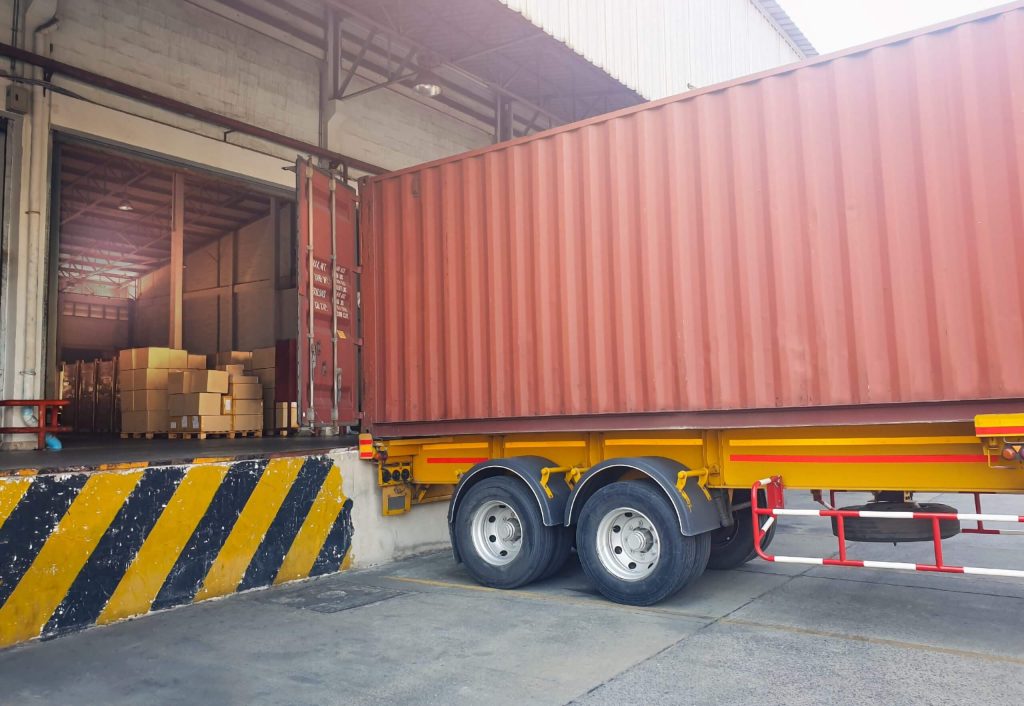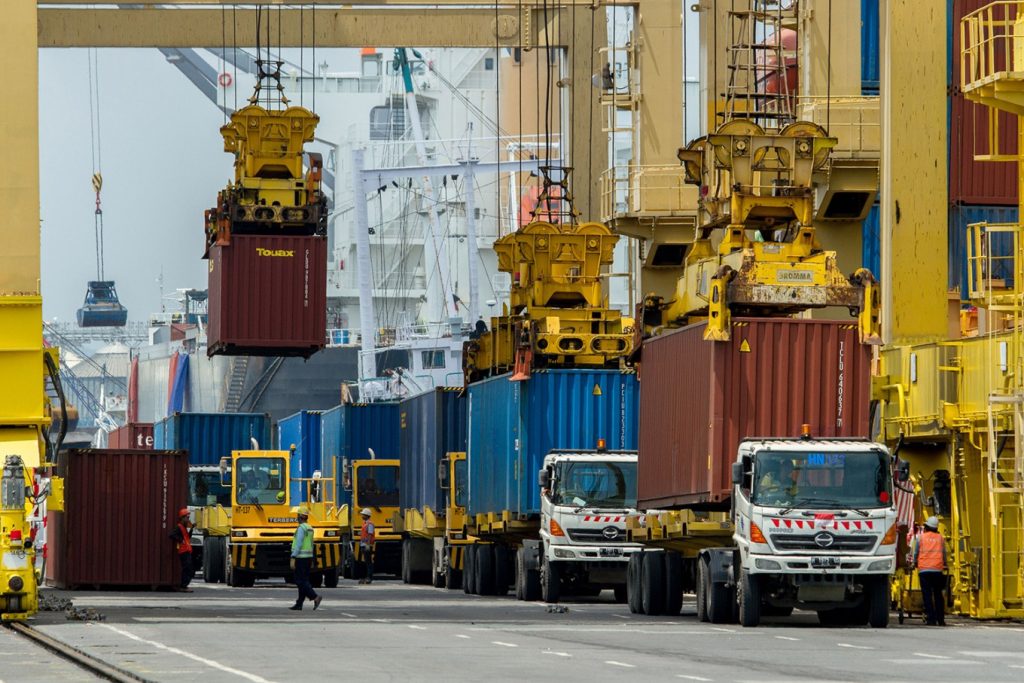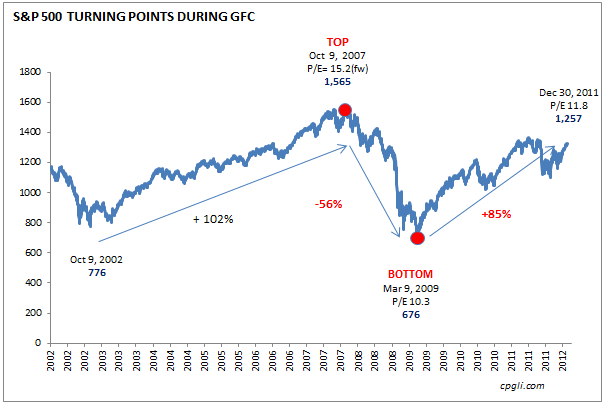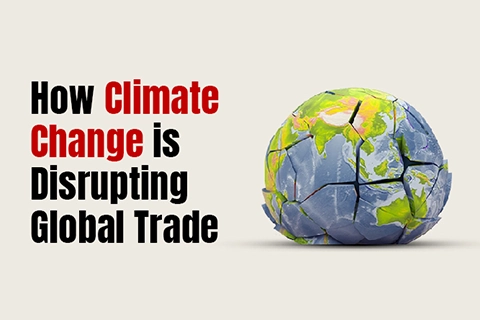
You’ve secured your first international buyers.
You’ve handled the logistics.
You’ve even priced your products competitively.
But what about the tax rules in your buyer’s country?
Many local exporters forget that selling globally also means playing by international tax rules. Failing to do so can lead to audits, double taxation, or blocked payments. Here’s what you might be missing—and how to avoid costly mistakes.
1. Double Taxation: Getting Taxed Twice
If your country and the buyer’s country don’t have a tax treaty, you might get taxed:
- When you earn revenue abroad
- And again when you bring it home
Solution:
Check if there’s a Double Taxation Agreement (DTA) between the two countries. If there is, you can usually claim tax relief or a refund.
2. Permanent Establishment (PE) Risk
If you:
- Have a sales agent or warehouse abroad
- Spend a lot of time in one market
- Do marketing or operations from within that country
You might unintentionally trigger a Permanent Establishment status.
That means foreign tax authorities could treat you like a local company—and demand corporate tax, VAT, and even backdated filings.
3. VAT/GST Compliance Abroad
Many exporters forget that some countries require foreign sellers to:
- Register for VAT/GST
- Charge local taxes on certain goods
- File local tax returns regularly
This often applies to digital sales, e-commerce platforms, or services—but it’s expanding to physical goods too.
4. Withholding Tax Surprises
Some countries deduct withholding tax (WHT) before paying you, especially on:
- Royalties
- Services
- Commission-based sales
Without preparation, this can cut into your profit margin by 5–30%.
Tip: Include WHT clauses in contracts or price accordingly.
5. Poor Record-Keeping = Audit Risk
Even if you’re a small business, exporting makes you more visible to tax authorities. If your documentation is weak, you risk:
- Delayed refunds
- Failed customs clearance
- Fines or penalties
Always store:
- Invoices
- Customs docs
- Payment proof
- Tax filings (both local and international)
Conclusion
Exporting isn’t just about getting products overseas—it’s also about navigating global tax rules smartly.
By understanding the hidden tax risks, you’ll protect your margins, stay compliant, and build trust with partners abroad.
Because in international business, what you don’t know about taxes can cost you.




















